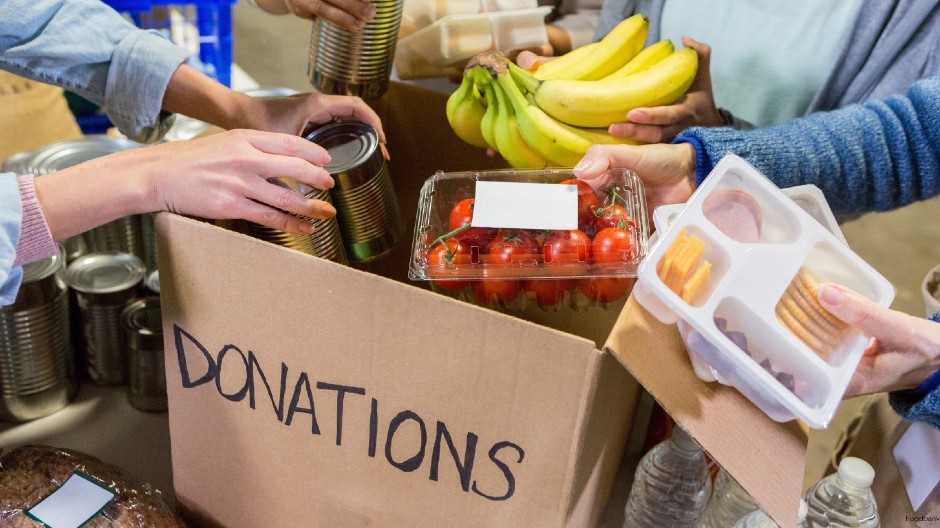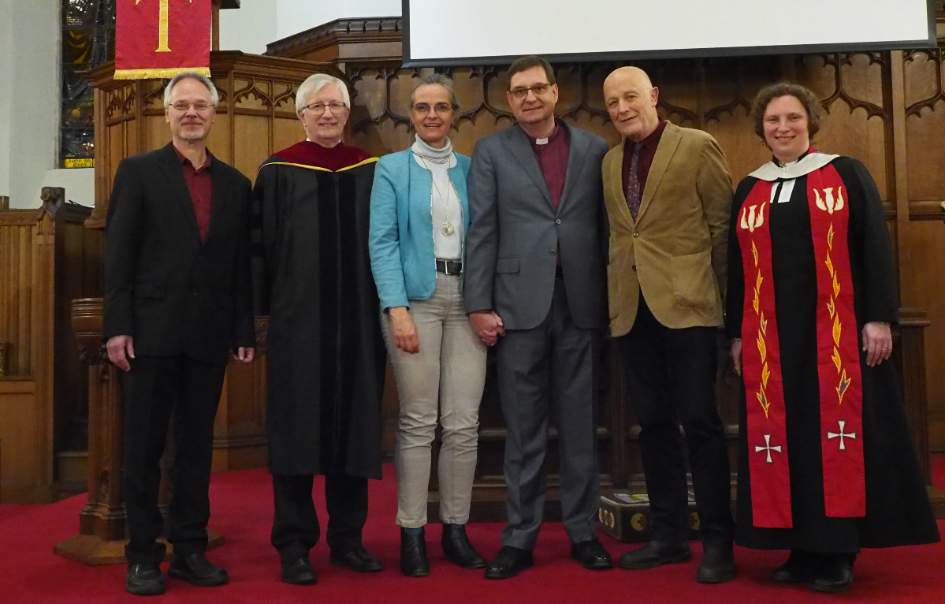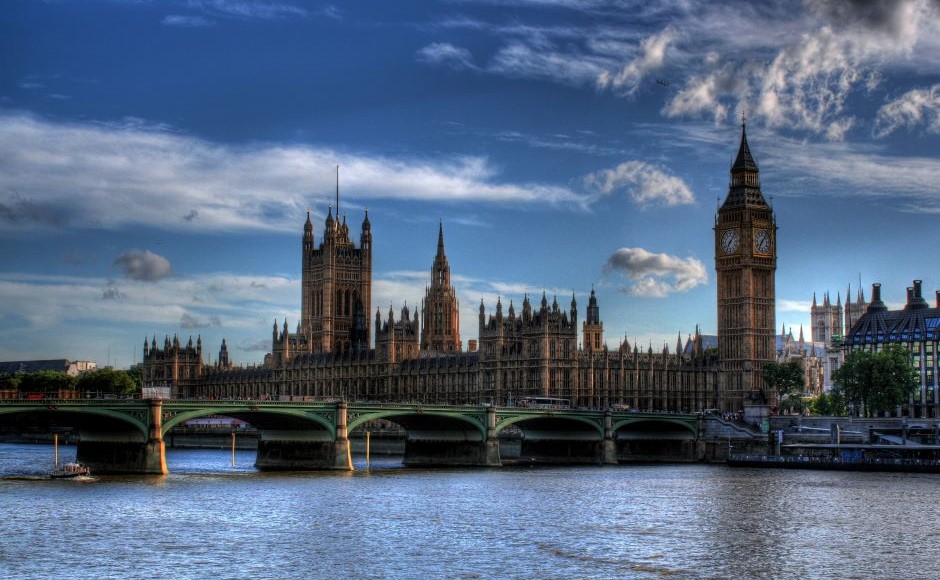Kirk's partners ask for prayers for political and economic crisis in Sri Lanka
Published on 31 October 2022
Representatives from our partner churches in Sri Lanka, Rev Saman Perera of Presbytery of Lanka and Chandan de Silva of St Andrew's Scots Kirk, have written to us asking for our prayers as the country navigates a distressing economic and political crisis.
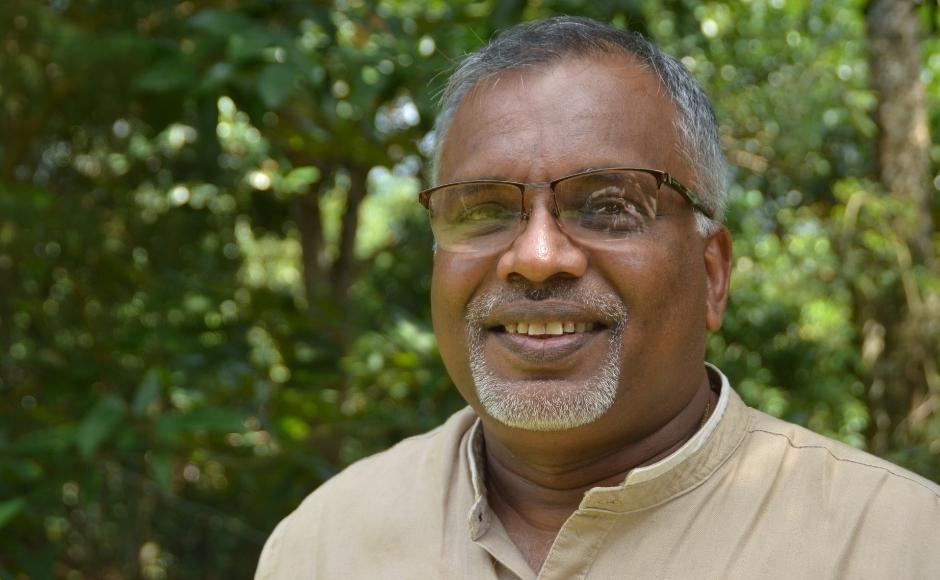
Sri Lanka's economic crisis is happening alongside political instability and increased levels of poverty due to persistent financial deficits, mounting debt, and poor governance.
The secondary effects of both the Covid-19 pandemic and the Russia-Ukraine conflict on the country's economy and people's livelihoods have aggravated the situation.
"Just a few weeks ago Sri Lanka was plunged into economic and political chaos. Millions across this island nation were left without staple foods and basic medicines, people queued for days to get fuel and depended on their neighbours to deliver meals and food parcels," the Moderator of the General Assembly of the Church of Scotland, Rt Rev Dr Iain Greenshields, said.
"Scotland and the Church of Scotland have connections with Sri Lanka going back to 1830 and we cherish our partnerships with the Presbytery of Lanka, St Andrew's Scots Kirk, the National Christian Council of Sri Lanka and the Women's Development Centre.
"At the heart of this crisis is the unjust way a country has been saddled with unpayable debt. Sri Lanka is only one of a number of countries that have already, or are on the brink of, defaulting on debt payments and so suffering further penalties while the citizens of those countries struggle to make ends meet.
"Sri Lankans need justice."
‘We cannot let children pay the price for crises not of their making'
In response to the situation, the Presbytery of Lanka has set up initiatives such as providing free meals for children in their canteen, bags of dry rations, as well as financial assistance to buy prescription medicines, pay for utility bills and children's school fees.
"In 2021, around 2.4 million people (11% of the total population) were living under the $3.20 international poverty line for lower-middle-income countries. With the surge in prices of essential items, poor people are likely unable to afford essential items and meet their basic needs," Rev Saman Perera, the Moderator of the Presbytery of Lanka, said in a letter written to the Kirk's Faith Impact Forum.
"The severe scarcity of foreign currency makes it difficult for the country to import essential goods. This results in shortages of food, fuels, fertilizers, medicines, and health items. The population across the country is suffering from long power cuts caused by fuel shortages, which are also leading to disruption in public services.
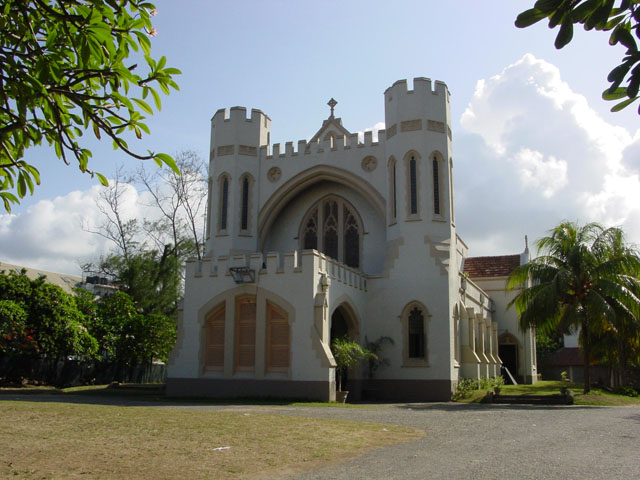
"In the context of shortages of many food products, fuel, medicines, and other essential items, protests broke out in March 2022 and became mass protests in April and July 2022. On 13 July, the President of Sri Lanka left the country and the Prime Minister, in his capacity as an acting President, declared a temporary state of emergency.
"The President resigned a few days later and on 21 July the Prime Minister was elected President by a parliamentary vote. Lack of public trust in the appointed President and current impaired parliamentary representation created instability in democracy.
"Protests have since then declined in frequency and size due to unwarranted suppression.
"Against the backdrop of this crisis, it really did bring people together in a sense, because everyone felt the pain of it. Most people realised we are all in this together and are able to identify that there is a political decay at the centre that needs to be dealt with.
"The existing challenge is that churches together find a way in which we can go beyond our theological work that is restricted within the four walls of the church. As I see, Sri Lankan churches could play a huge role in terms of impacting the society and politics in the country.
"The [Sri Lankan] Church has been part of the struggle and it must be a part of the solutions. For instance, we went out for the protests, trying to testify to the world to show how much God is for justice and God is for the oppressed, the poor, and the weak amongst us and that He cares for this situation.
"Especially in this time and in the months and years to come, we will be and can be the voice of hope for recovery and for change by actively engaging in benevolence. There are still lots of urgent challenges right now, and there is a lot of pain, a lot of trauma and lots of other areas to be addressed in partnership with the world church and with the resources available to local churches.
"The demands of reality are enormous. We cannot let children pay the price for crises not of their making. We must act today to secure their futures tomorrow.
"Pray for political and economic stability, and for God's miraculous provision so that people such as the poor in Sri Lanka will not have to starve. That there will be a unity seen among churches, in this distress that we will not mirror the political system, but that we will be an alternative ideal for what leadership looks like, what community looks like, what love looks like, what care and love look like.
"In all these ways we have a unique opportunity to embody the God we serve."
‘United in our effort to assist the less fortunate'
At the Church of Scotland's congregation in Sri Lanka, St Andrew's Scots Kirk in Colombo, they have been offering both food and financial assistance to those in need in the area. Their Thursday lunch programme has been serving around 150 people per week, with dry rations also being supplied to those in need.
"During the social unrest and with the main protest site being in the proximity of our church, Kumar, our Church Officer, offered protestors drinking water and was ready to assist those affected by tear gas," Chandan de Silva, the former Session Clerk at St Andrew's Scots Kirk said.
"As the protests continued over several months, some protestors requested clothing from our thrift shop, which was provided free of charge.
"Requests for assistance have ranged from food and monetary to school fees. Members of the congregation responded by donating generously.
"Despite the adversity, congregation numbers have increased. The congregation is united in its effort to assist the less fortunate. We can and will do more to assist those affected by the current crises."
Sri Lanka's crisis in numbers
- Food: Around five million people in need are food-insecure. Around 70% of households in the country have reduced their food consumption, primarily because of the rising food prices. Households are relying on unskilled casual labour, fishing, or assistance from acquaintances. Those without gardens or livestock are at a higher risk of food insecurity.
- Nutrition: Rising prices of nutritious foods and disruptions in supply chains and the consequent interruptions in government nutritional support programmes have deteriorated the nutrition situation, increasing the risk of child malnutrition and poor pregnancy outcomes. At least 56,000 children under the age of five suffer from life-threatening severe acute malnutrition.
- Livelihood: Around 75% of households have had their incomes reduced. Around 30% of the labour force is involved directly in agricultural activities, making this group very vulnerable to the lack of fertilizers.
- Health: Along with essential drug shortages, around 2,700 essential surgical consumables and 250 regular laboratory items are out of stock. The shortages have severely affected the healthcare system, which has been further worsened by the lack of fuel and long power cuts that have curtailed operational capacity.
